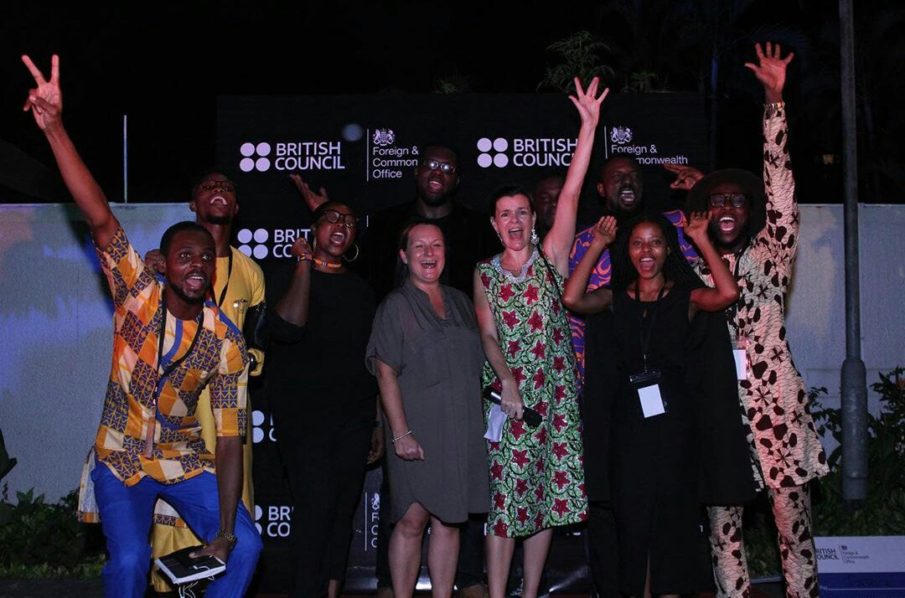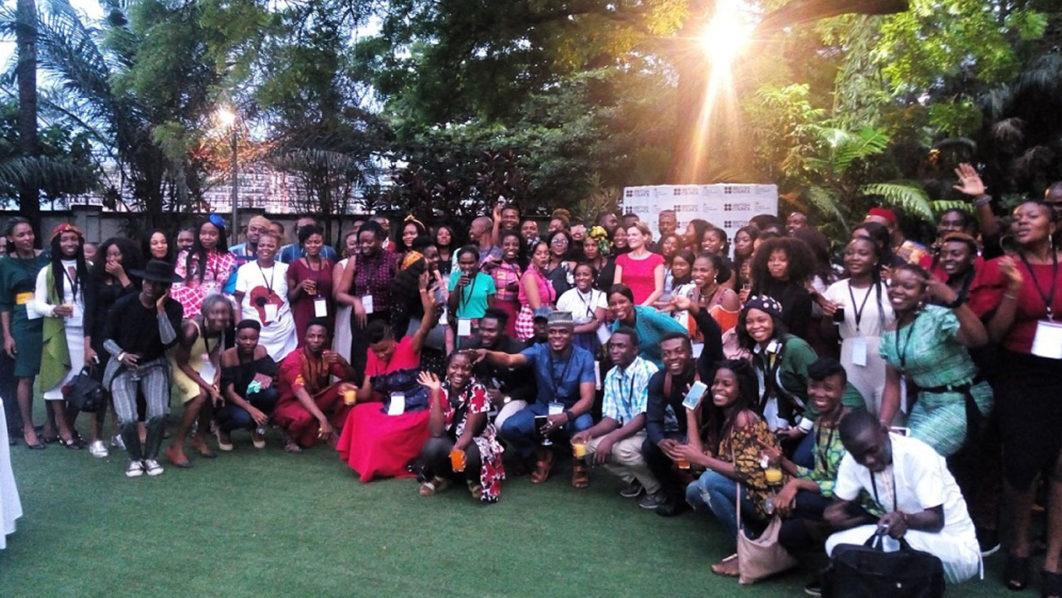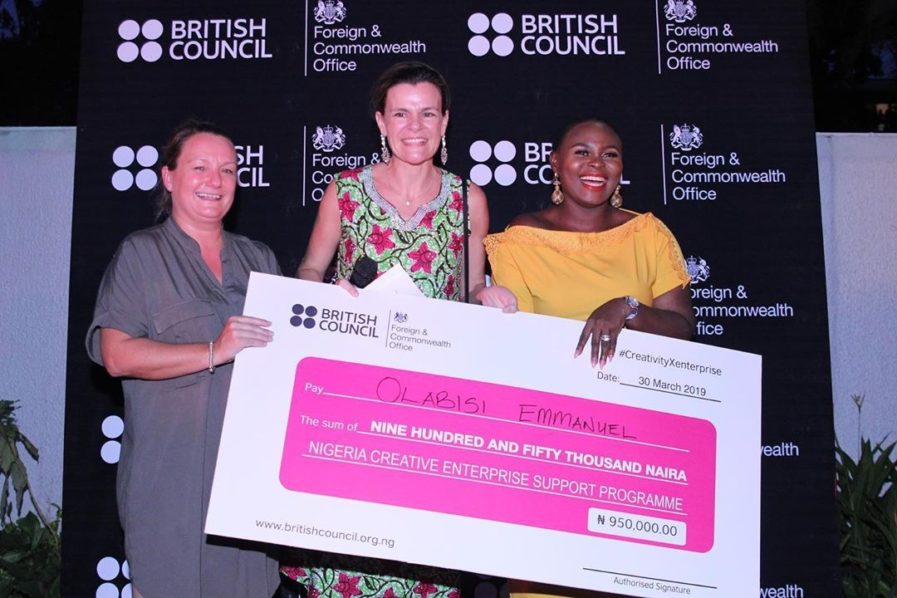
While rising unemployment rate seems to be an uphill task for Nigeria’s present and past governments, the British Government is showing the way forward through the Nigeria Creatives Enterprise Support Programme.
The Nigeria Creatives Enterprise Support Programme organised by the British Council and the Foreign and Commonwealth Office trained a total of 108 Nigeria’s emerging entrepreneurs between January and March 2019 to maximise potentials in the film and fashion industry.
The focus on these subsectors of the creative industry is not farfetched.
Nigeria’s creative industry accounts for 2.3 per cent, approximately N239 billion of the nation’s GDP in 2016. It has however grown more than double the previous figures and continues to pose as the go-to sector to massively reduce the unemployment rate as well as creating a more robust economy.
“Nigeria has the largest economy in Sub-Saharan Africa and its fast-growing tech, film and fashion sectors have become a strong exporter of culture,” the British Council on its website.
Also, Nigeria’s culture and information minister Lai Mohammed said “Our greatest strength lies in our creative industry, our music, and our films. That is one area we need to build on because that is one area we have a comparative advantage over many other countries.”
Nigeria’s creative industry is growing at an exponential rate with emerging talents in the fashion and film sector. But their chances of emerging from talents to creative entrepreneurs are quite slim due to the country’s harsh economic realities.
The country’s unemployment rate was at 23.1 per cent, from the previous rate of 18.8 per cent released in the third quarter of 2017, Nigeria’s National Bureau of Statistics said in December 2018.
Partime employment/underemployment slowed to 20.1 per cent in the third quarter of 2018 from 21.2 per cent in the third quarter of 2017.
The regular Nigeria entrepreneur is often faced with different challenges- start-up/operational funding, government policies, requisite training and access to local and international markets.
Despite these challenges and even more, Nigeria’s creative industry is tipped to hold the key to reducing the growing unemployment rate and contribute to the nation’s economy. While the challenges are real, the opportunities in the creative industry remain limitless.
While many wondered when the potential in the creative industry would be unlocked, the British Council and the Foreign and Commonwealth Office offered Nigeria’s emerging entrepreneurs an opportunity to create, share and connect their ideas to the world.
In January 2019, over 150 Nigerians in the fashion and film industry were selected by the British government to participate in the Nigeria Creative Enterprise Support Programme.

For three months, Nigeria Creative Enterprise Support Programme focused on the development of talents and innovation within the Fashion and Film sectors of the arts and creative industries.
“The idea (of the programme) is to train them (entrepreneurs) and make sure that they don’t just have the passion and flair and talents, but they are also in tune with the business needs,” the British Deputy High Commissioner, Laure Beaufils, told The Guardian.
The 11-week programme for the creative entrepreneurs began with a 2-week face to face intensive training programme for 108 selected participants and was followed by an 8-week incubation programme for 50 participants who scaled through.
After the training, 10 entrepreneurs each, emerged from the film and fashion categories. The entrepreneurs then pitched their business ideas before a panel of seasoned professionals in the industries who selected the best five entrepreneurs from each category in March.
The winners of the pitches were awarded start-up grants of N950,000 each, while two entrepreneurs each from both categories got one thousand pounds for business investment.

All 10 will continue to the business advisory component of the programme which offers training and mentoring activities from hub organisations in Nigeria. Two of the enterpreneurs who won the highest votes for the People’s Choice Award through an online voting process will proceed to a UK tour hosted by UK fashion and film partners.
With the grants and partnerships offered to these entrepreneurs, the prospect of the Nigeria creative industry being the “new oil” have just been heightened.
Although there are no precise data on the size of the Nigerian fashion market, the apparel and footwear market in sub-Saharan Africa is estimated to be worth 31 Billion USD with the global apparel market valued at 3 Trillion USD.
As of 2014, the film industry was worth ₦853.9 billion (US$5.1 billion) making it the third most valuable film industry in the world, behind the United States and India. It contributed about 1.4% to Nigeria’s economy- this was attributed to the increase in the number of quality films produced and more formal distribution methods.
While the British Government remains committed to supporting Nigeria’s emerging talents in the creative industry, these entrepreneurs have the opportunity of exploring the local and international film and fashion industry through their talents.
[ad unit=2]



